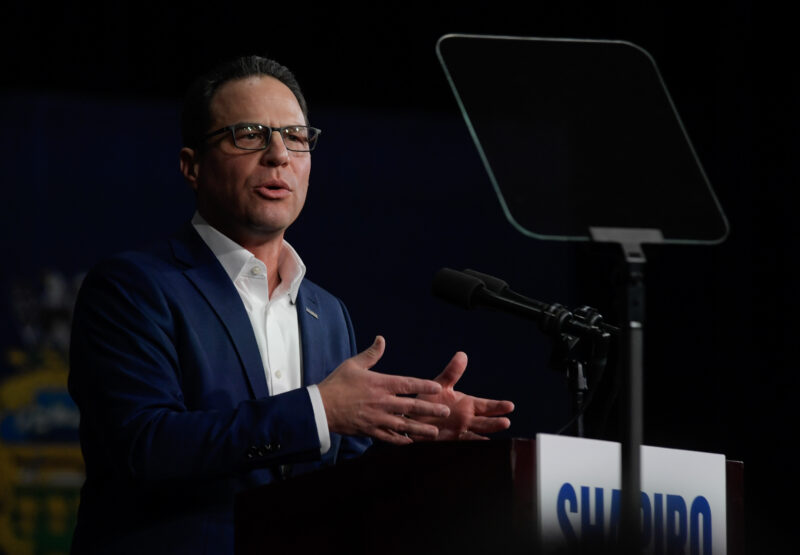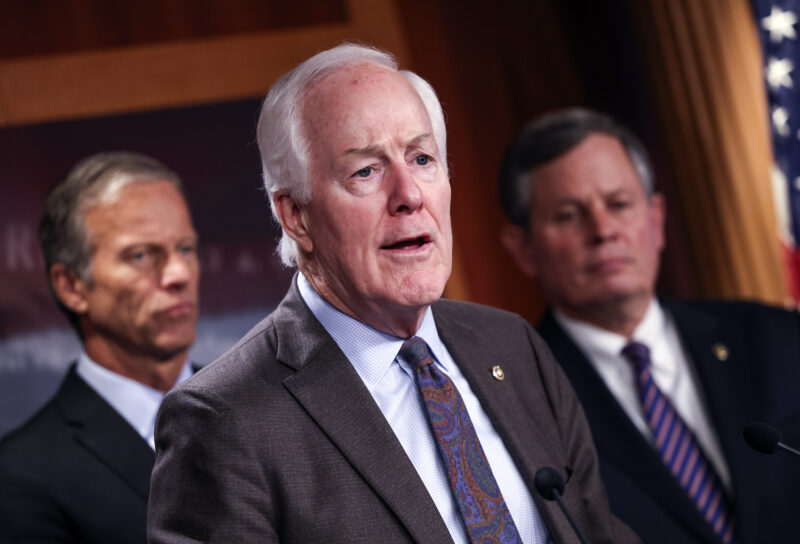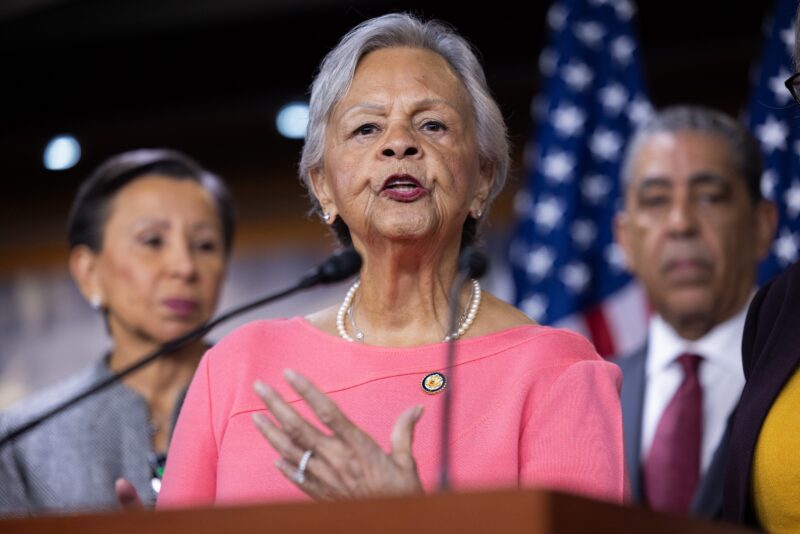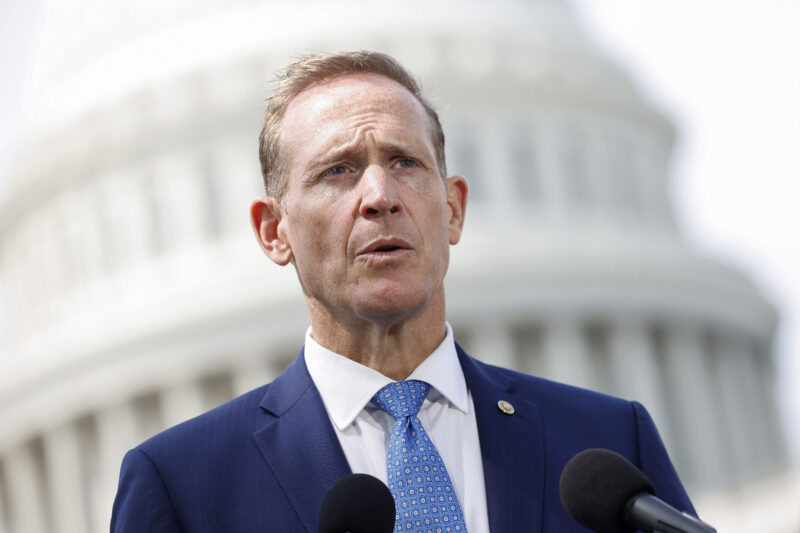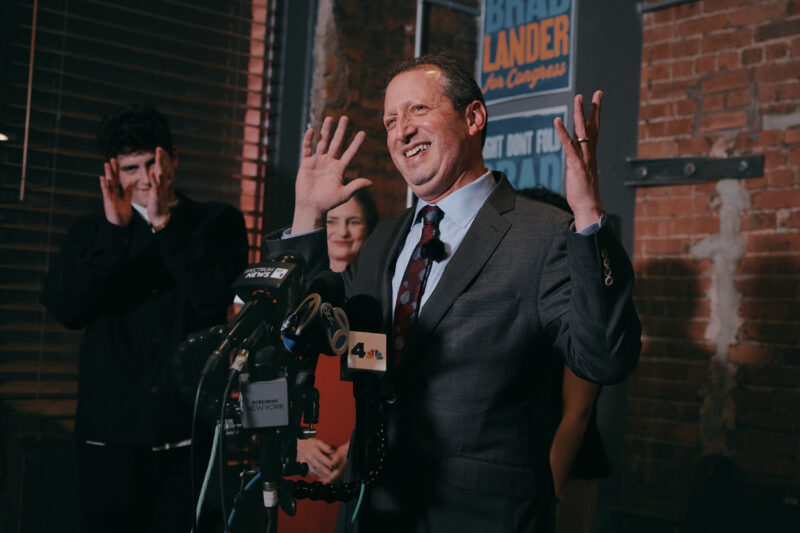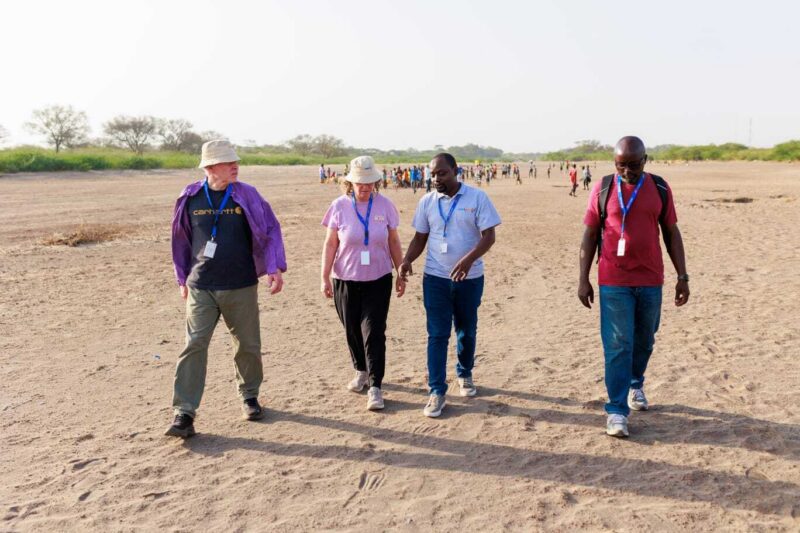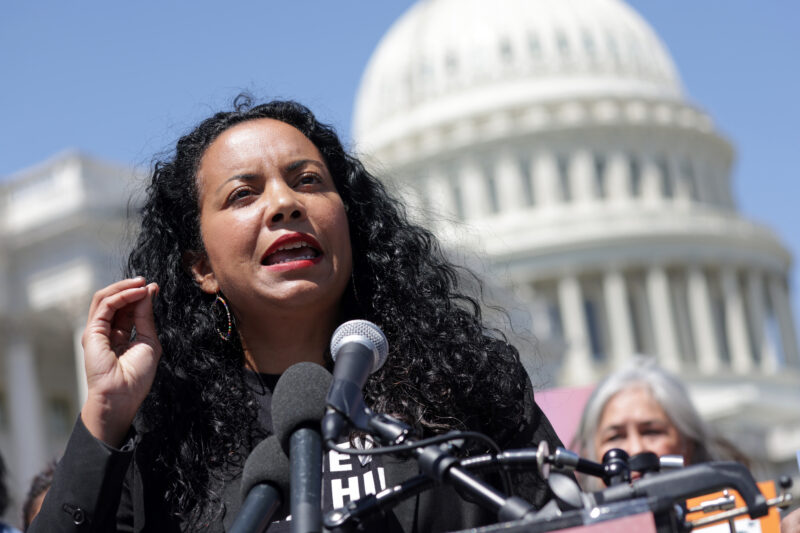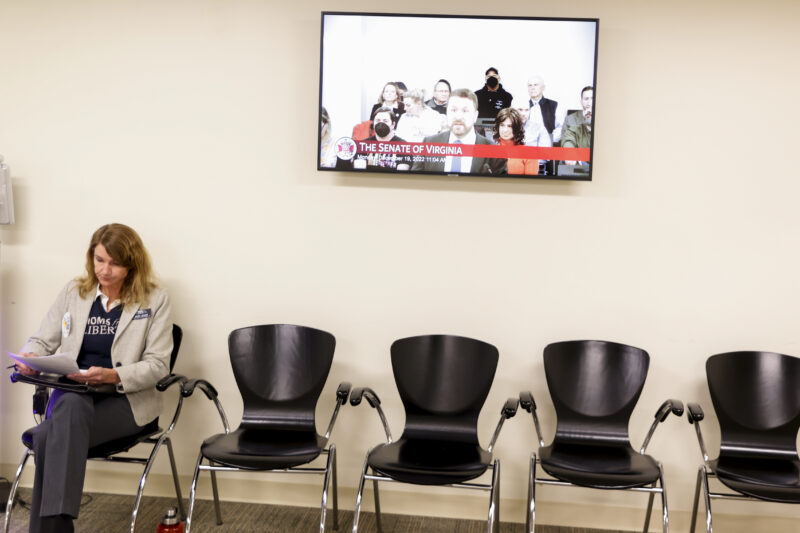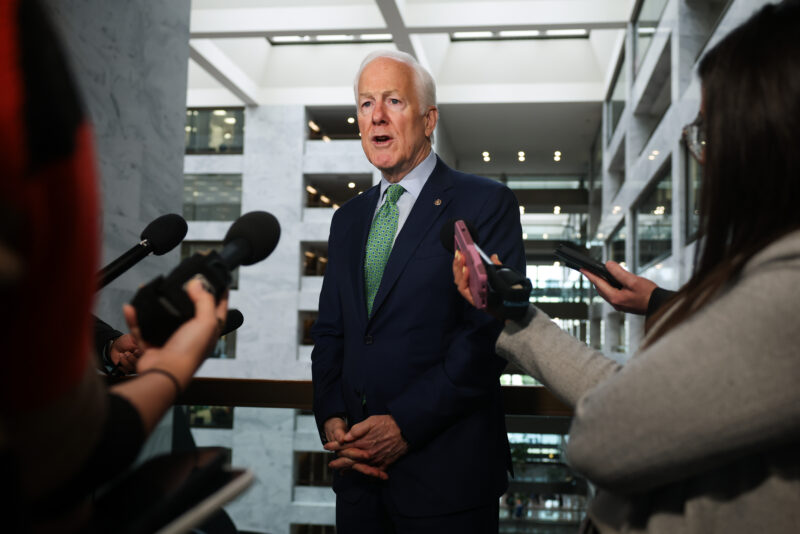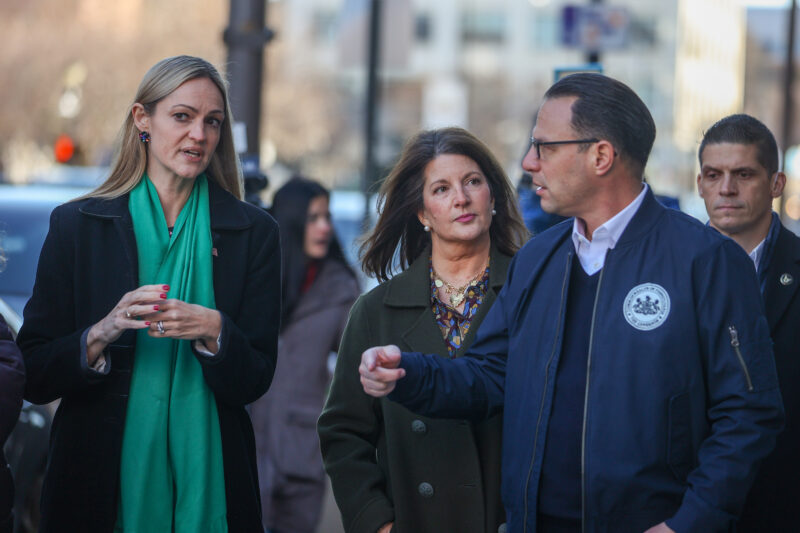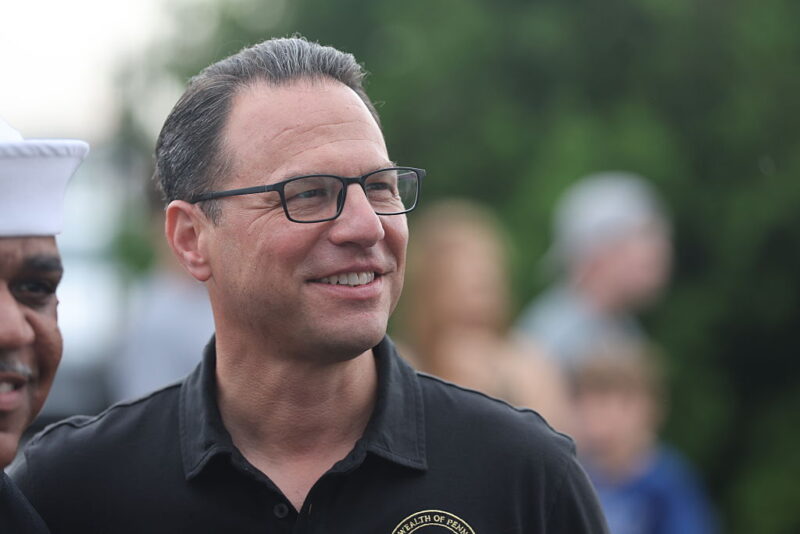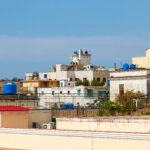Former Agriculture Secretary Dan Glickman laments post-Oct. 7 damage to Israeli farming
As Israel’s agriculture faces an arduous rebuilding process, a silver lining is the growing research cooperation between Israel and the U.S.

courtesy
Former Agriculture Secretary Dan Glickman during a visit to agricultural communities in southern Israel.
For the past year, Hamas’ massacre in southern Israel — which involved the slaughtering of some 1,200 Israelis and kidnapping of more than 200 people — has been widely reported. But often overlooked has been Hamas’ attack on Israel’s agriculture, with the deliberate goal of destroying Israel’s food security by attacking the Negev farming communities that pioneered the country’s agricultural success with the vision of Israel’s first Prime Minister David Ben-Gurion’s call to “make the desert bloom.”
On Oct. 7, greenhouses and crops were burned to the ground, irrigation systems destroyed and farm animals killed. In particular, Israel’s dairy production — per capita, the country had the highest annual milk yield in the world — was severely hit, as were areas where much of Israel’s produce is grown. (The Western Negev is estimated to provide 70% of the country’s vegetables, 20% of the fruit and 6.5% of the dairy.)
Eleven months later, Dan Glickman, who served as the U.S. secretary of agriculture in the Clinton administration from 1995 until 2001, decided to see for himself “what the status is of damage done to Israel after these attacks,” he told Jewish Insider during a recent interview fresh off his trip to southern Israel.
Glickman, who was the first Jewish secretary of agriculture (“at least since Joseph served the Pharaoh in biblical times,” he joked), wanted to understand “how serious is the damage and can it be mitigated?” Following meetings with Israeli Agriculture Minister Avi Dichter, food and agriculture scientists at Hebrew University and the Volcani Institute and working alongside the nonprofit ReGrow Israel, which recently received a $12.5 million grant from Jewish Federations of North America, Glickman concluded that Israel is “building back,” but “it’s not what it was [before] taking a direct hit in the Hamas attacks.”
He continued, “In most agricultural areas, a lot of the work was done by immigrant labor, a lot of those people have left.”
Philanthropy can “play a big role in rebuilding infrastructure,” he said, adding that more extensive philanthropic efforts are needed.
Further complicating Israel’s food policy is that the desert country relies on imports, but that reliance makes the country vulnerable. Glickman said the import-domestic production dynamic is a necessity, even amid risk. “Israel has done remarkably with what it’s got in terms of irrigating water, but they are still going to need to import,” he said. “Israel will never be able to grow enough beef to satisfy the consumption,” for example.
But Glickman also emphasized that Israel is a key player in the export of fresh produce, mainly to Europe.
Imports and exports have both been impacted by Oct. 7.
“Food security [in Europe] was impacted for at least the first several months after the attacks,” Glickman said. “Turkey has shut off Israel for the time being. But there is still fairly active import-export business being done at the ports, so the rest of Europe has allowed the status quo to remain.”
As Israel’s agriculture faces an arduous rebuilding process, a silver lining is the growing research cooperation between Israel and the U.S.
This includes the Binational Agricultural Research and Development Fund, a multiyear joint venture between the U.S. Department of Agriculture, Volcani Institute and Hebrew University first established in 1979. “The research partnership has not grown a lot but grown a little bit,” in the decades since Glickman served as secretary, he said.
“[Israel] was founded on the kibbutz movement,” Glickman said. “Hamas was pretty clear that it not only wanted to kill people but also impact Israeli agriculture.”
Please log in if you already have a subscription, or subscribe to access the latest updates.





